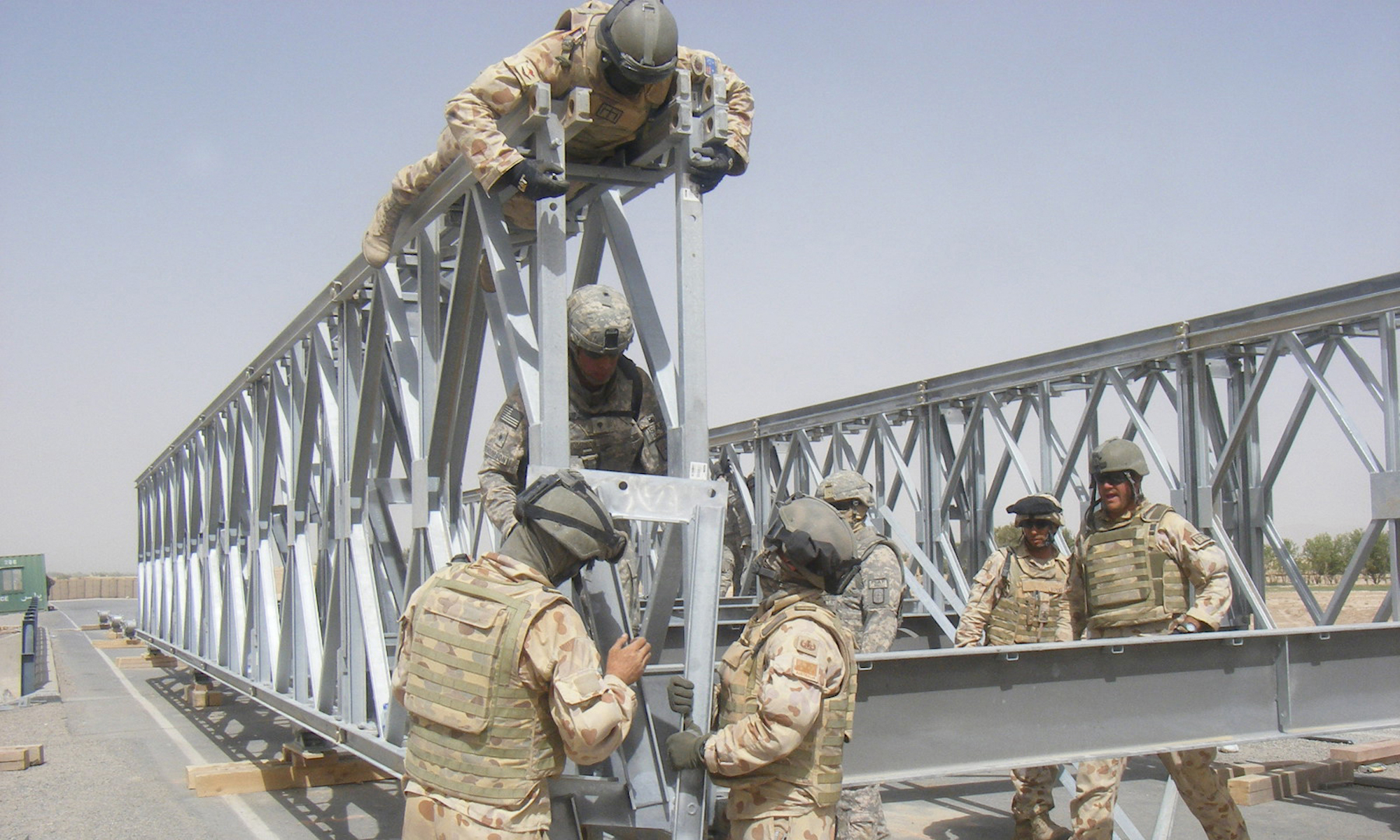Over the past two decades, people have seen considerable progress made in international conflict management, peacekeeping, and peacebuilding. The end of the Cold War has led to the obsolescence of war between major powers, and globalization has increased the interconnectedness and interdependence among people, societies, and countries. However, the longevity and large-scale nature of armed conflicts in Afghanistan, the Democratic Republic of Congo (DRC), Somalia, Chad, and Sudan with enormous humanitarian consequences are solemn reminders that international institutions and peacekeeping actions are still unable to meet global challenges with global responses. Here, Tanner addresses the perils of peace operations toward global peacekeeping system. He also cites the important progress that peacekeeping has made over the past twenty years and explores, in view of a continuous North-South divide and a resurging Westphalian bias, what such a global peacekeeping system could look like.

INSCT Postconflict Research Database
The Institute for National Security and Counterterrorism's Postconflict Research Database & Analysis Project stores cross-indexed bibliographic information on hundreds of journal articles, books, book chapters, and case reports that address the broad, interdisciplinary fields of postconflict reconstruction, stabilization, and peacebuilding.